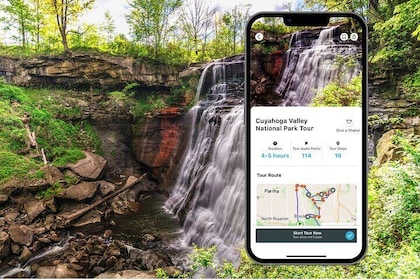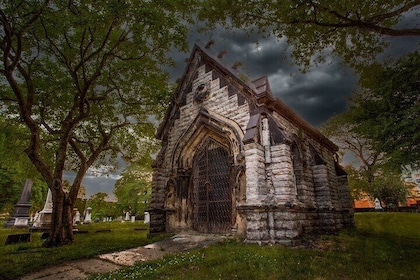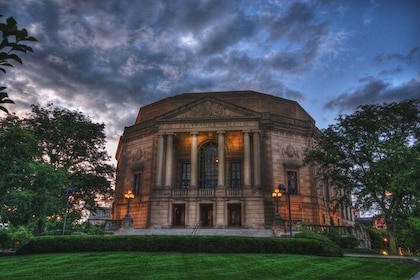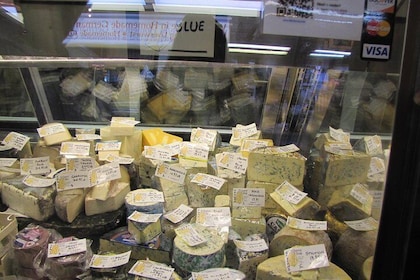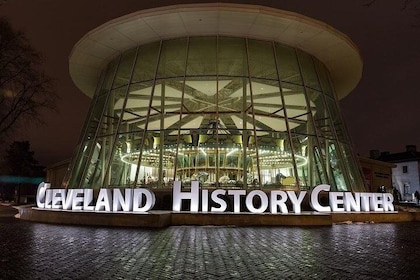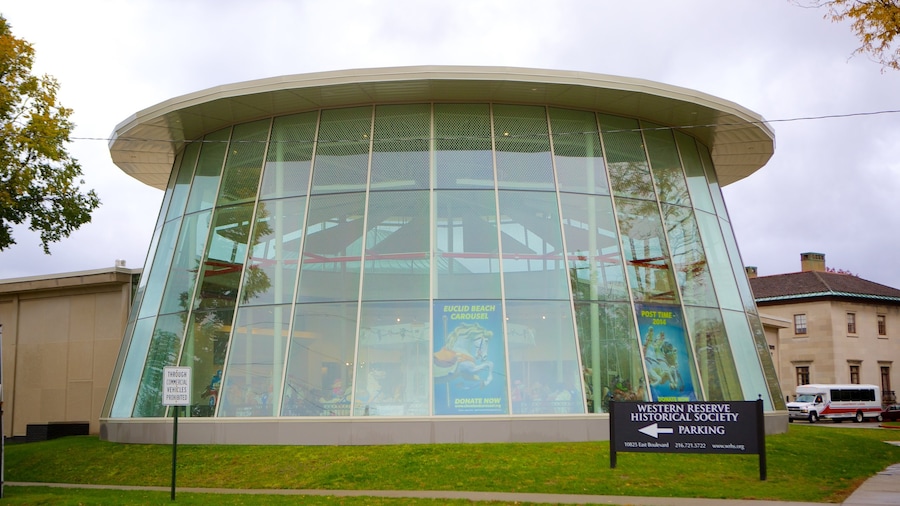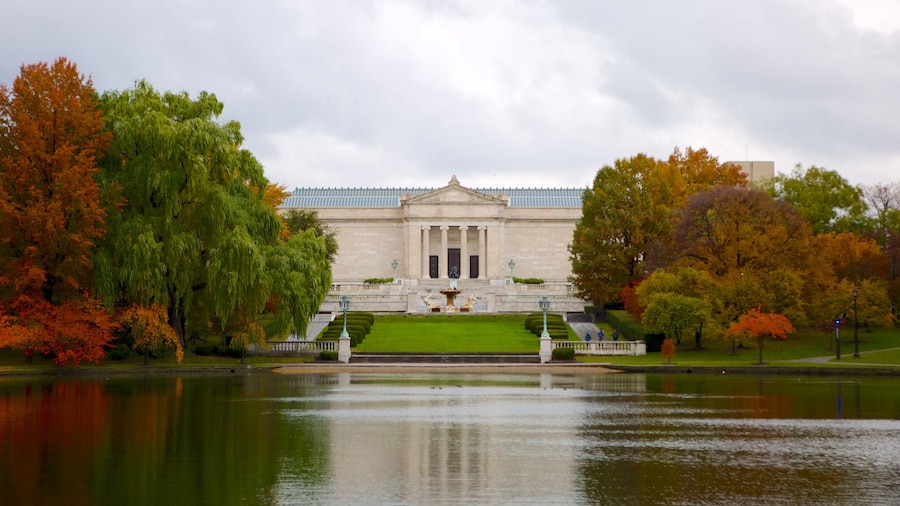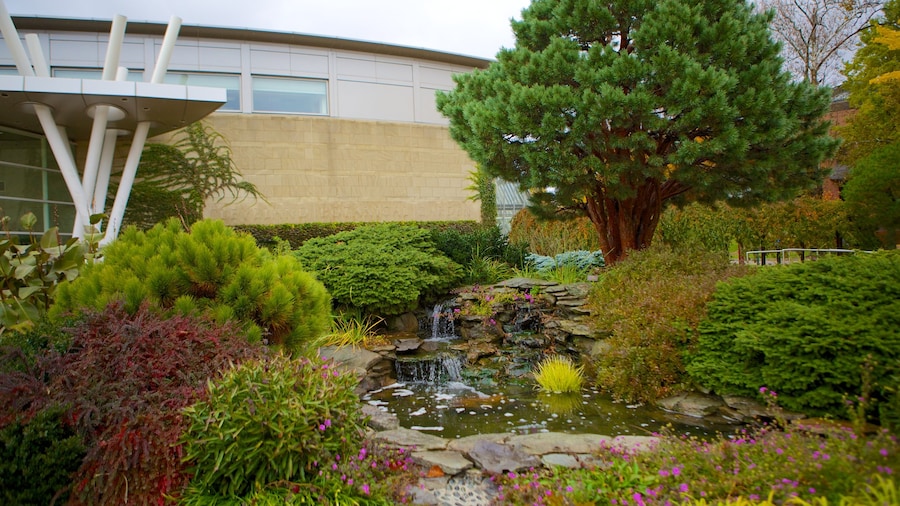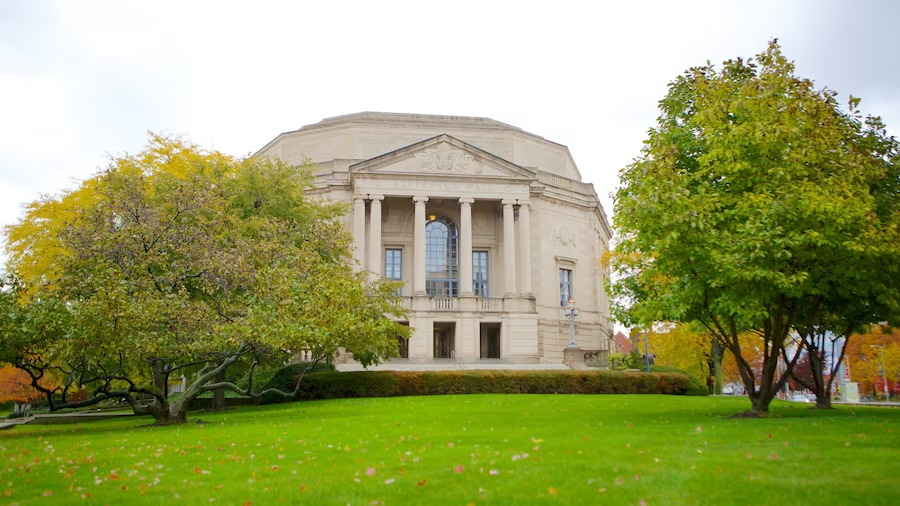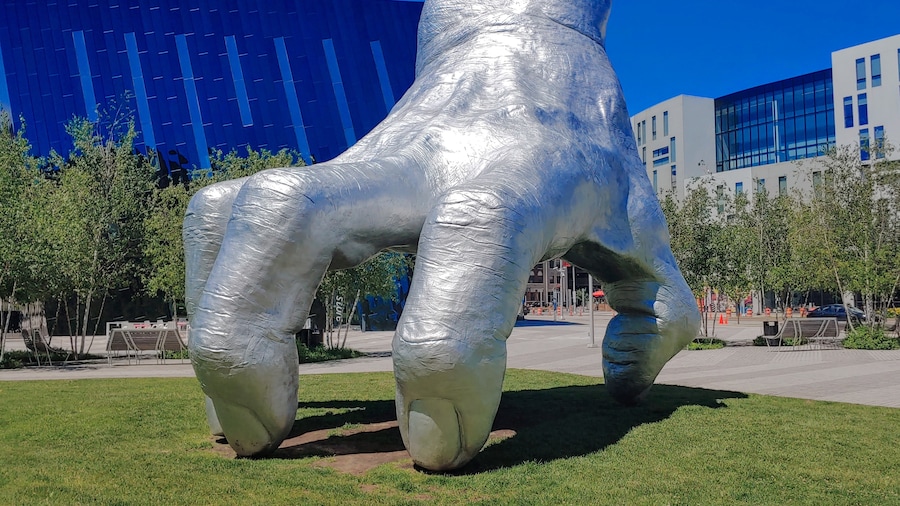Meet Lucy, the world’s oldest human skeleton and Happy, a enormous dinosaur skeleton before experiencing a simulated earthquake and playing the birdsong piano.
Trace a timeline of the universe and discover how the earth and our galaxy was formed. See some of the rarest dinosaur skeletons in the world and some of the 3,000 ancient human skeletons that are preserved here. Be dazzled by the bright colors of rubies and emeralds in the gemstone exhibit and study stars in the planetarium before exploring the wildlife enclosure.
Cleveland Museum of Natural History was founded in 1920 by the businessman and philanthropist Cyrus S. Eaton. The museum is recognized as one of the leading institutions of its kind in the U.S. and has a collection of over four million specimens.
A good place to start is the Reinburger Hall of Life. Learn how the universe was formed and touch a volcanic rock or even create your own rocks using interactive computer programs. At the entrance of the the Kirtland Hall of Prehistoric Life you’ll meet the museum’s prize exhibit, the 3.2-million-year-old skeleton known as Lucy. Some 40 percent of all her bones were found and preserved. Also greet Happy, a 70-foot (21-meter) long dinosaur skeleton. It is one of the few sauropods on display in the world.
In the Wade Gallery of Gems and Jewels, some 1,500 rubies, diamonds, emeralds and other gemstones are on display. See a moon rock collected by one of the Apollo spacecrafts in the 60s before going on a bit of a space journey yourself in the Schafran Planetarium.
Head to the lower level to visit the Discovery Center with hands-on exhibits such as the birdsong piano. On the same floor is a comprehensive exhibition of the geology and wildlife of the Ohio area.
Venture outside for a walk around the Wildlife Center and Wood Garden with bobcats, eagles and deer among its animals.
Cleveland Museum of Natural History is located 5 miles (8 kilometers) east of downtown Cleveland in the University Circle. Parking is available and several buses and rapid trains serve the area. It is open daily throughout the year, with the exception of major public holidays. There is an admission fee.






